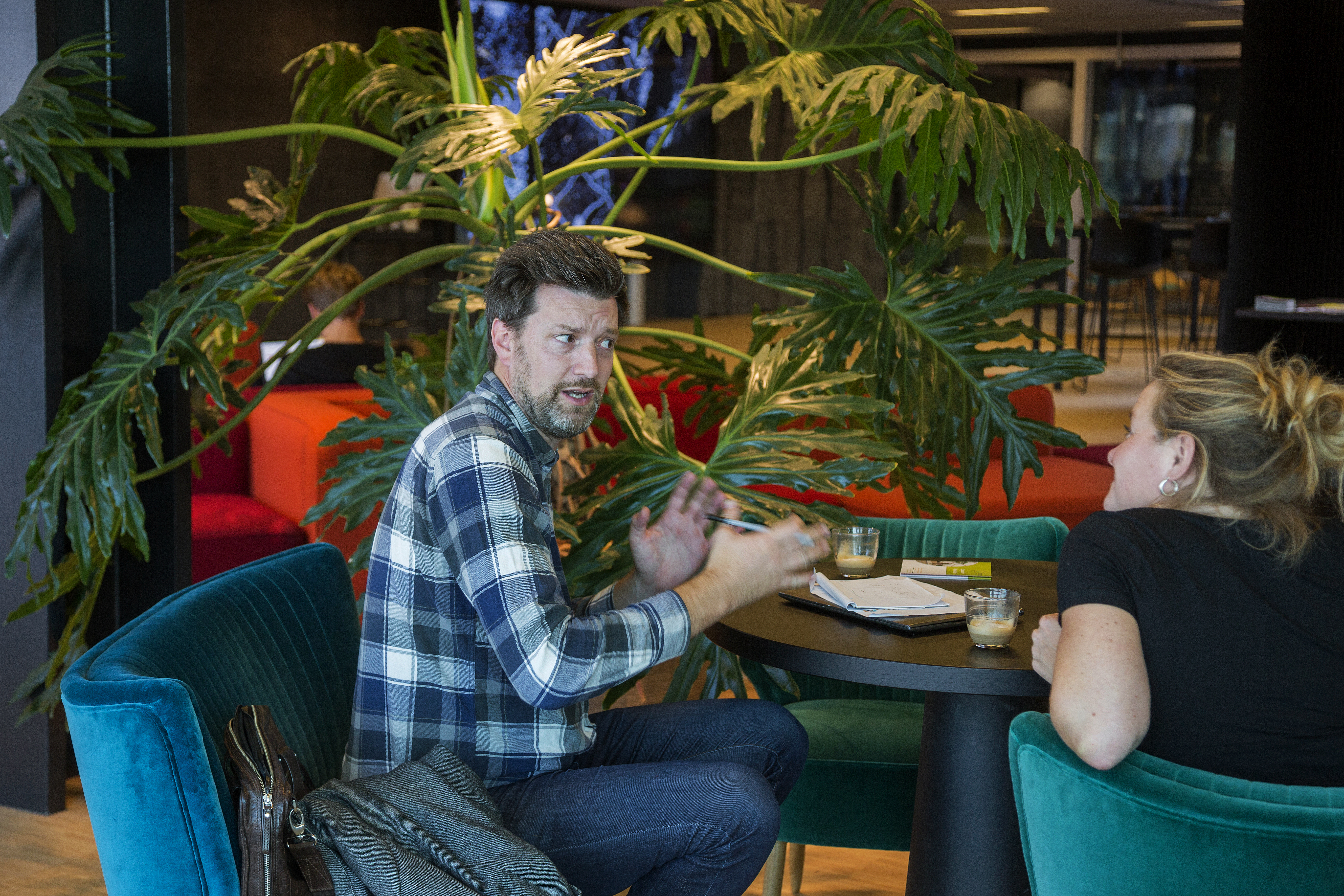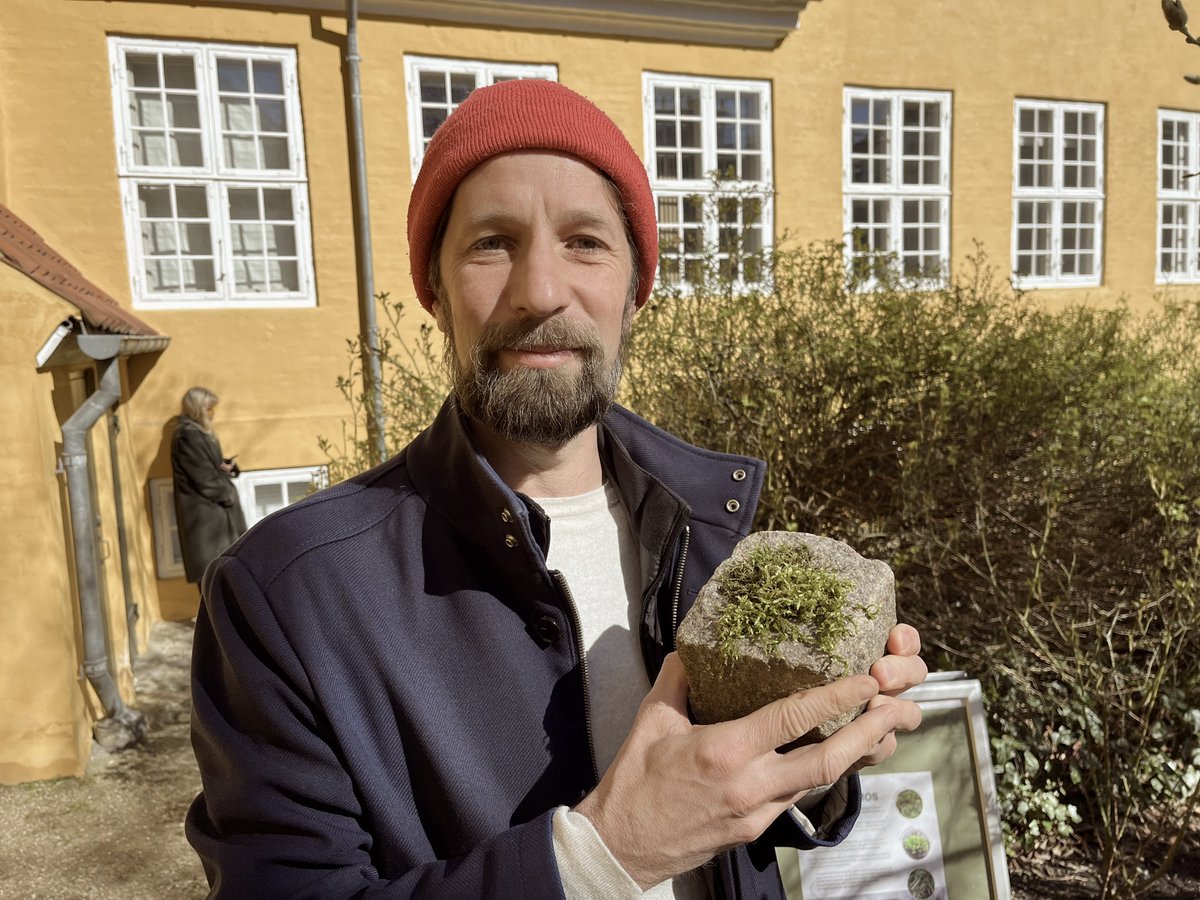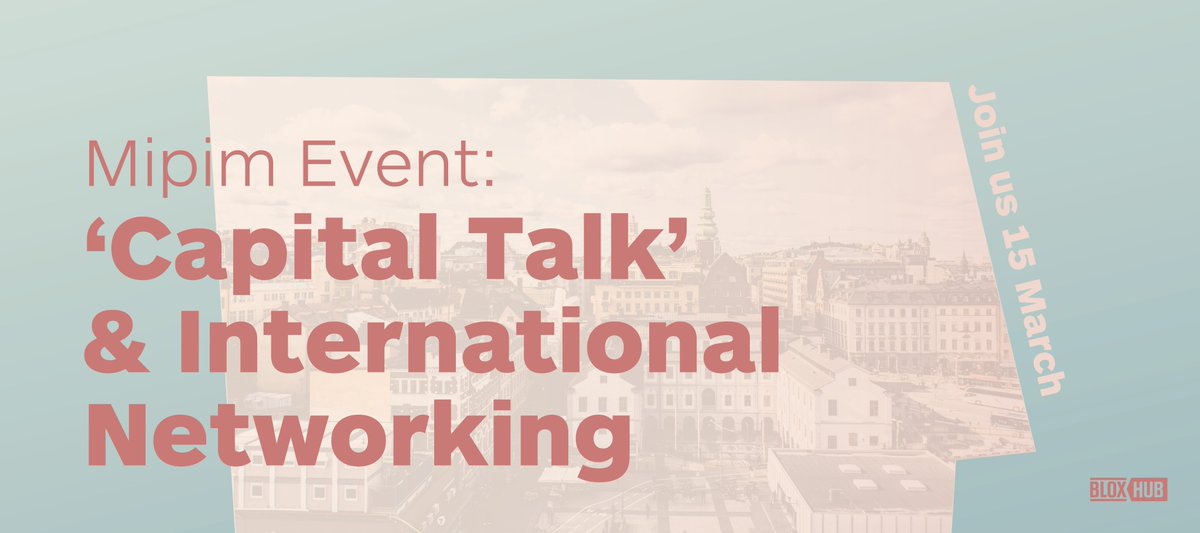This article was first published by Brickfields Trend #56
International networks, Co-working spaces and urban innovation centres are increasingly playing a networking role for international partnerships and cross-disciplinary collaborations.
A key driver for this is the need for cities to collaborate and respond to ever complex urban challenges, such as density, climate change and mobility. Concurrent to this is the emergence of niche co-working chains with propositions that support intercity and international collaborations. Such spaces allow business travellers to integrate into their new location and immediately connect with their unique network.
According to the Gensler Design Forecast: Shaping the Future of Cities, urban areas contribute more than 80 per cent of global GDP and are where innovation economies locate – thus, the best urban workplaces are those which ‘develop a synergistic relationship with their cities – leveraging existing assets for their employees’.
A particular example operating in this way is BLOXHUB, an urban innovation centre in Copenhagen, founded by the Ministry of Business, the City of Copenhagen and Realdania.
The key is a curated workspace
One of BLOXHUB’s core values is its commitment to the United Nations Sustainable Development Goal number 11, which is to ‘make cities inclusive, safe, resilient and sustainable’. With this intention, BLOXHUB Director Torben Klitgaard views the organisation’s role as being a conveyor of cross-disciplinary consortiums that develop scalable solutions to global urban challenges.
For this to work, Klitgaard has deliberately curated BLOXHUB’s workspace with businesses which share a mindset of generosity and willingness to be part of a network that is greater than oneself.
To maximise impact, external individuals and businesses in the community can become members of BLOXHUB and contribute to its forums and events. This is a model utilised by other major cities, such as London with the Future Cities Catapult, and New York’s UrbanXLab, among others.
The emergence of these spaces with robust propositions of co-working, consortium facilitation and direct access to subject matter experts serves to create global nodes all engaged in similar topics. This concentrated hub of human capital and facilities is beneficial for intercity collaborations and travelling professionals.
Relevant links:
Go to http://brickfields.com







